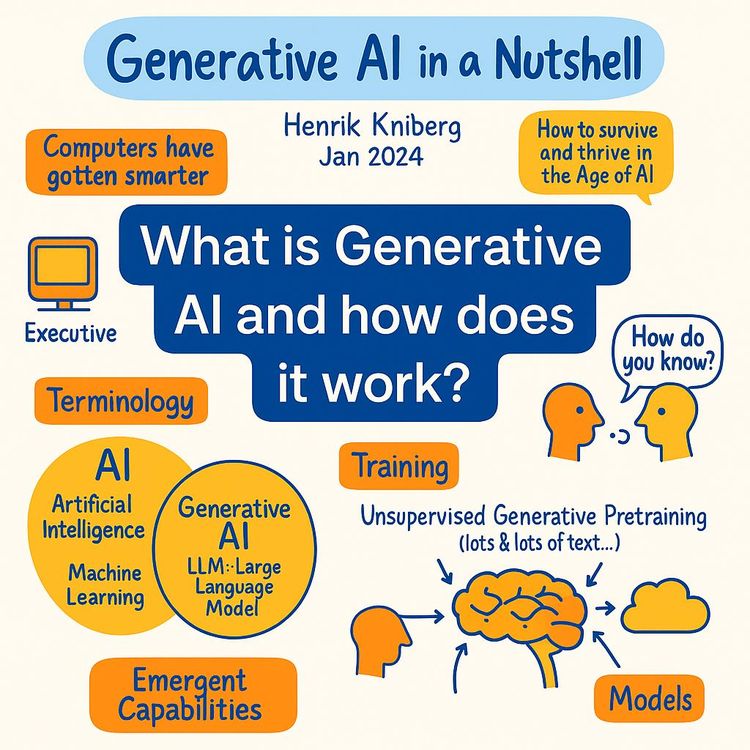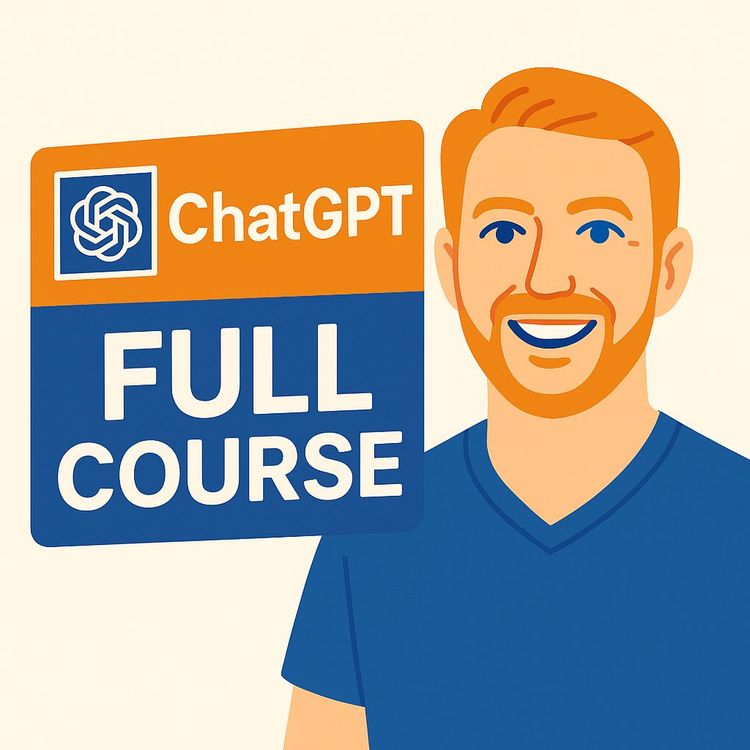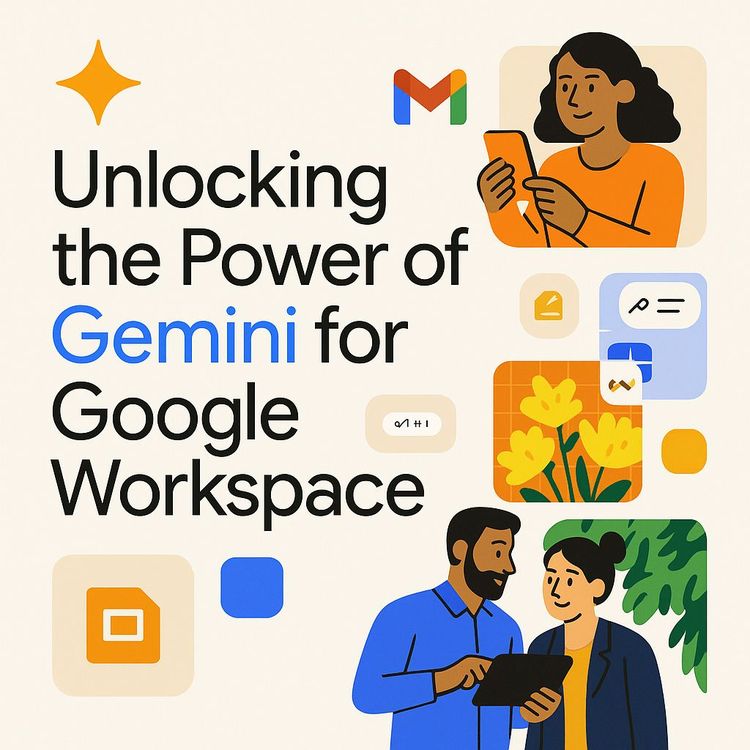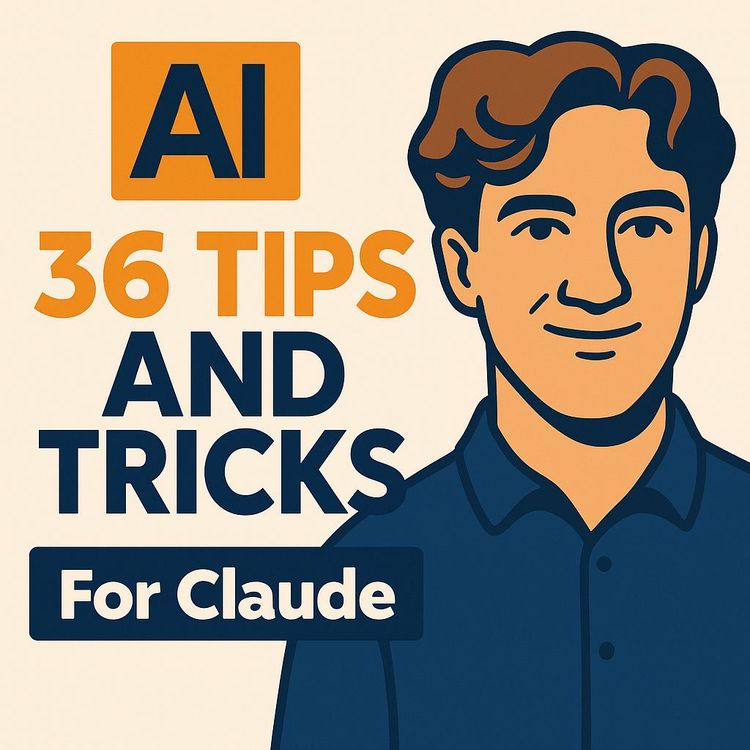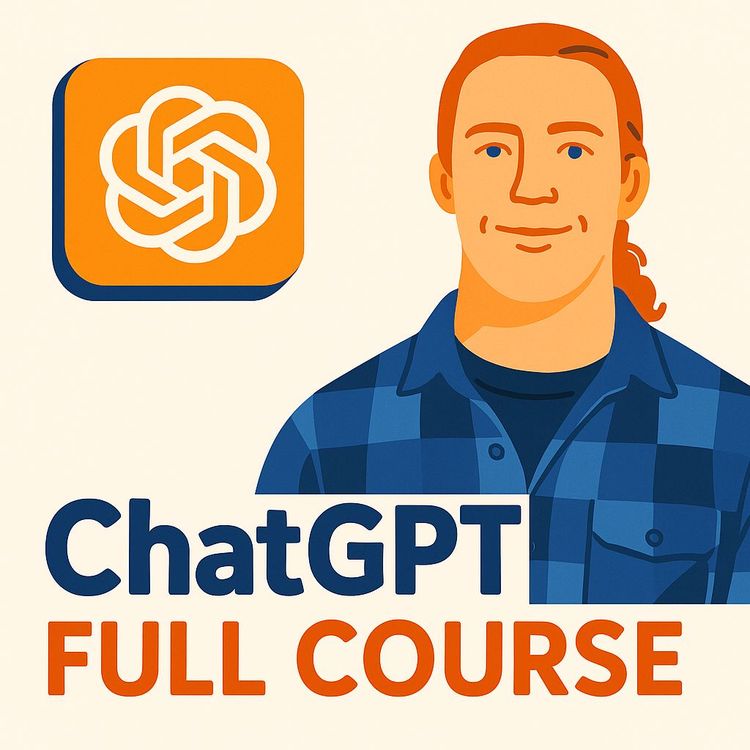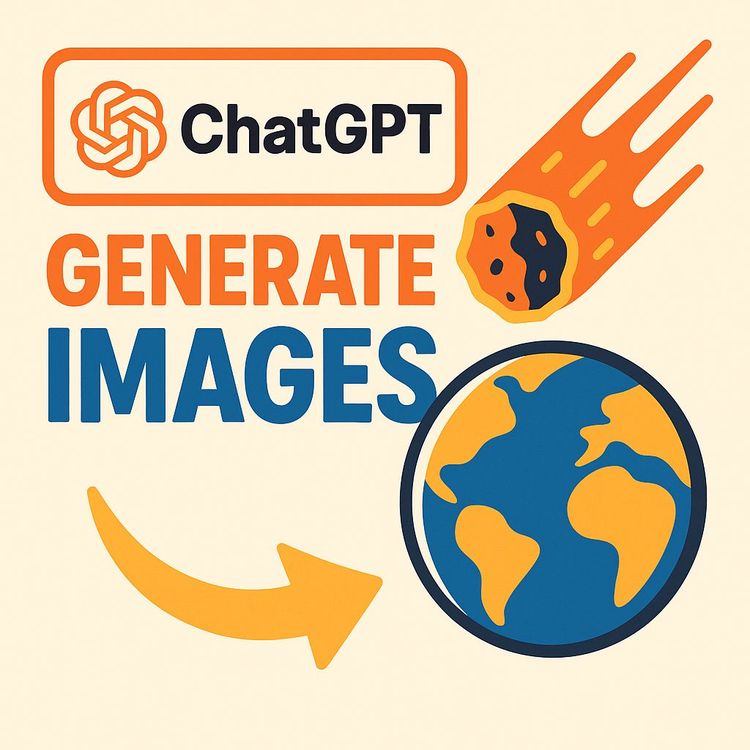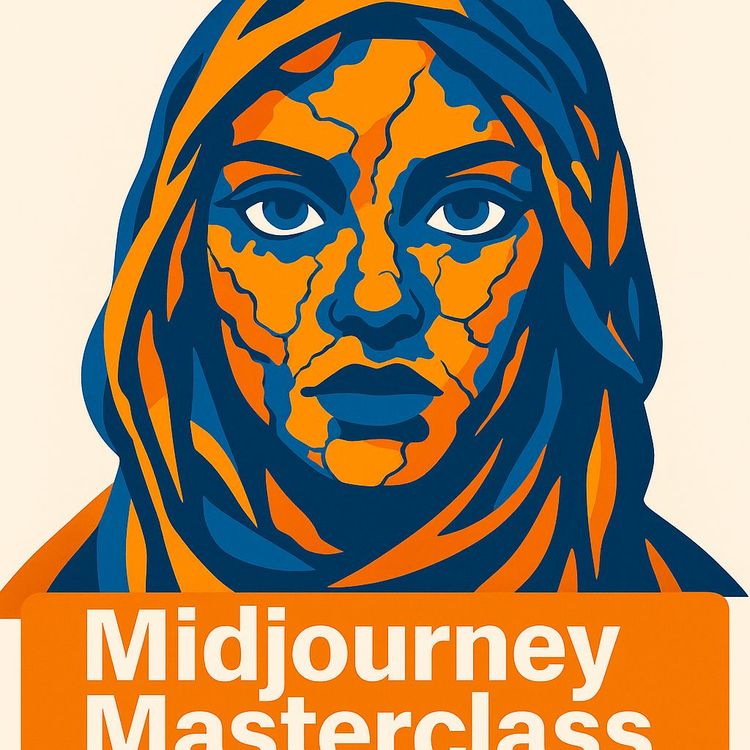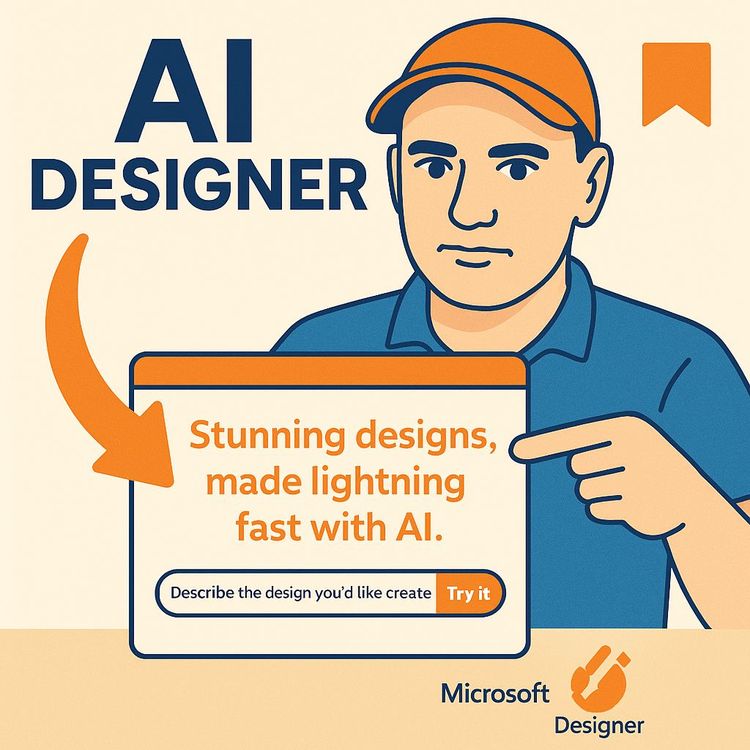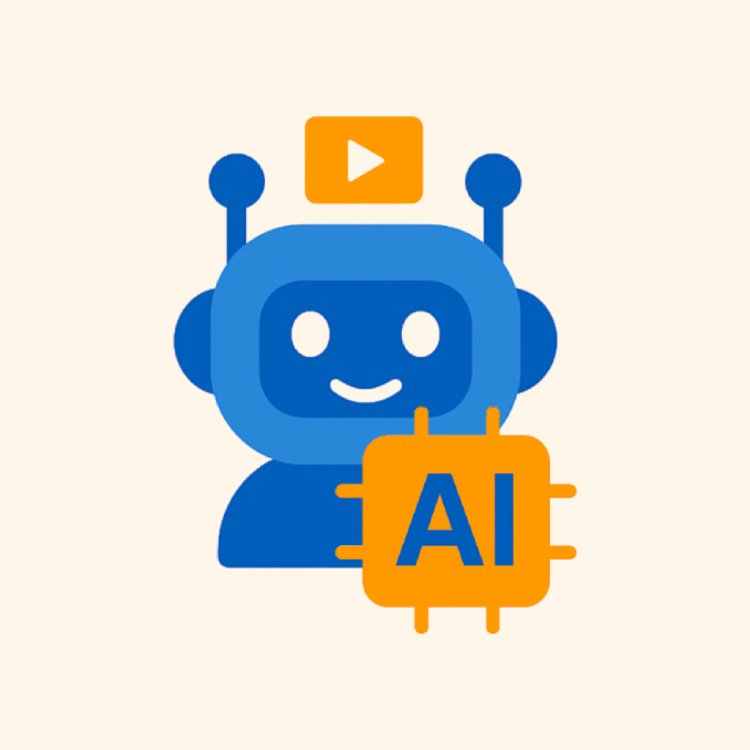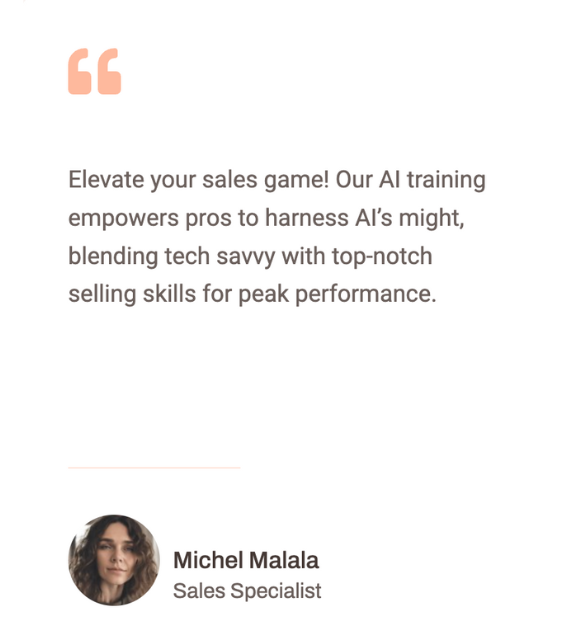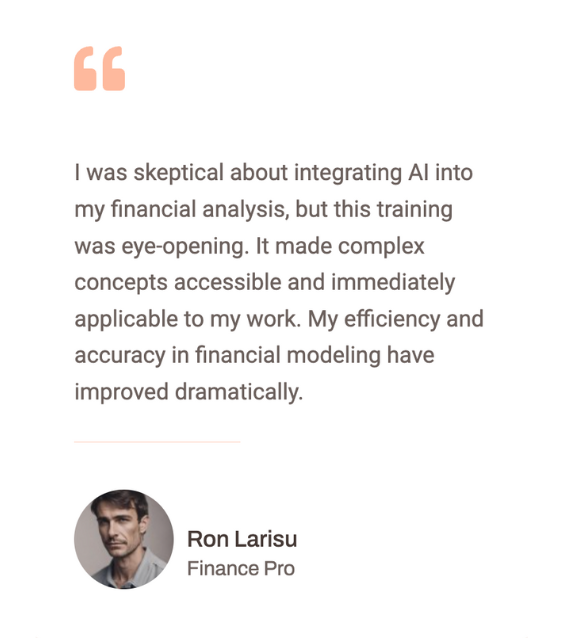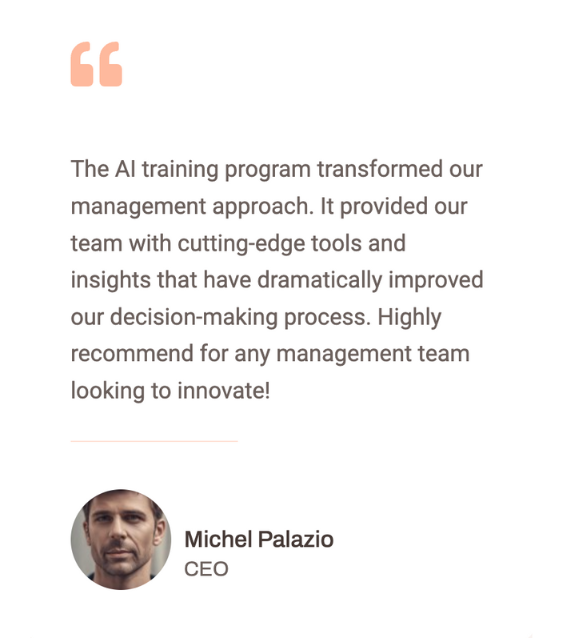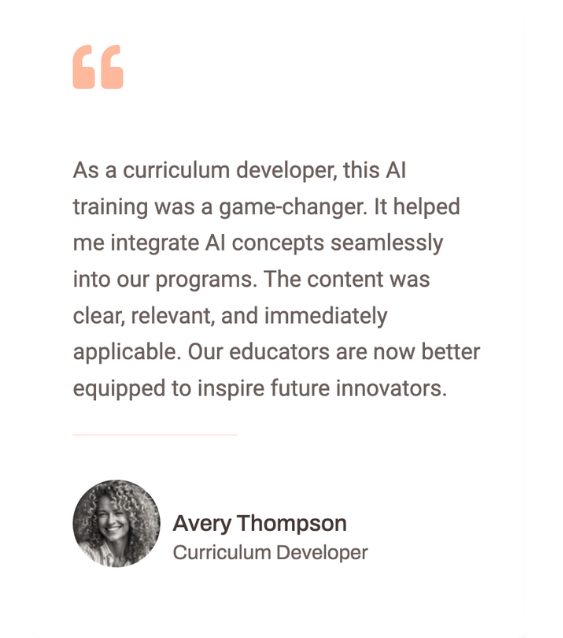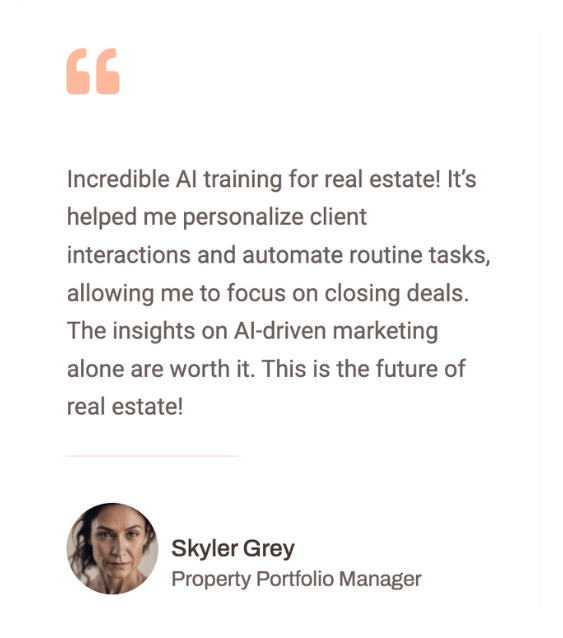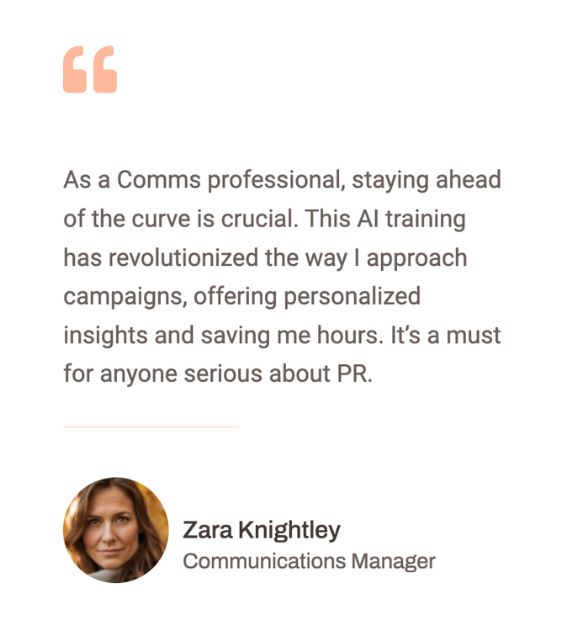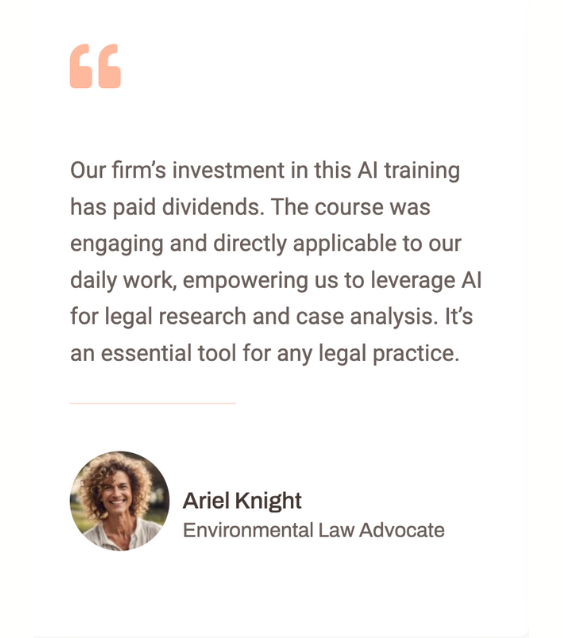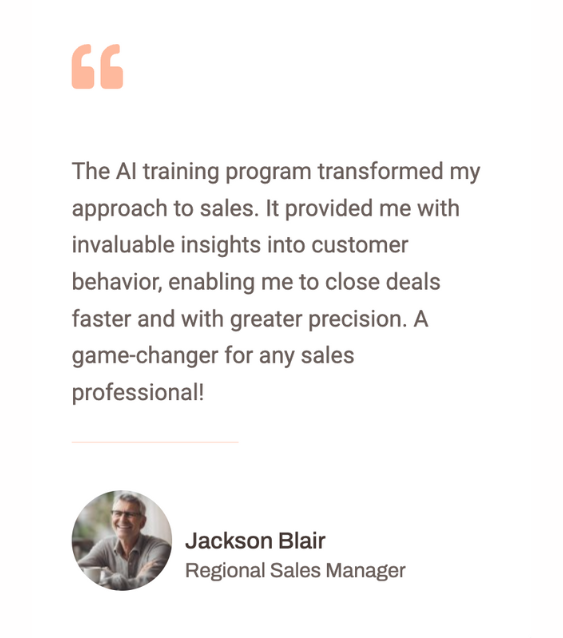Video Course: Part 38 - HR & Company Culture (2of2)
Delve into the transformative role of AI in HR with our course, exploring how it enhances recruitment, performance management, and employee engagement. Learn to leverage AI for a positive, inclusive company culture and drive organizational success.
Related Certification: Certification: HR Strategies & Culture Development for Effective Workplaces
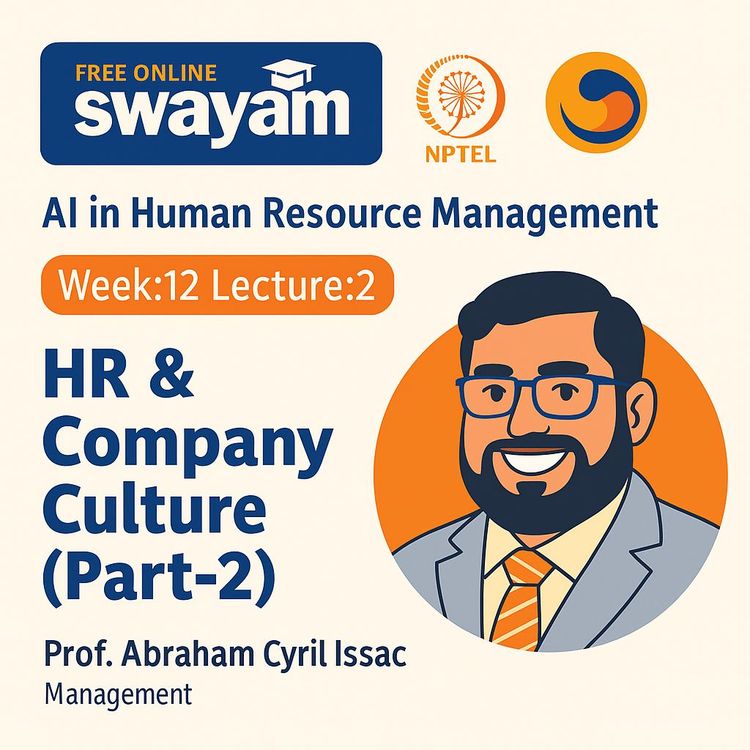
Also includes Access to All:
What You Will Learn
- How AI transforms HR workflows and company culture
- How to use AI platforms to speed up recruitment and assessments
- How to apply people-management tools for performance and engagement
- How to use data and sentiment analysis for informed HR decisions
- Best practices for personalization, bias reduction, and ethical AI use
Study Guide
Introduction
Welcome to 'Video Course: Part 38 - HR & Company Culture (2of2).' This course dives deep into the integration of Artificial Intelligence (AI) in Human Resource Management (HRM) and its profound impact on company culture. With AI's growing influence, HR practices are evolving from traditional methods to more dynamic, data-driven approaches. This course is invaluable for HR professionals and business leaders aiming to harness AI to enhance recruitment, performance management, and employee engagement, ultimately fostering a positive and inclusive company culture.
AI-Powered HR Platforms for Talent Acquisition and Management
Understanding AI's Role in HR:
AI is revolutionizing HR by automating and optimizing various functions, particularly in talent acquisition and management. By leveraging AI, organizations can streamline recruitment processes, enhance employee engagement, and support career development, all while fostering an inclusive company culture.
High People: AI for Talent Assessment and Recruitment
Overview:
High People is a comprehensive AI-powered platform designed to enhance talent assessment and recruitment processes. Used by over 2,000 teams, it offers a library of over 400 valid tests and role-specific assessments, providing AI-driven insights that significantly reduce screening time.
Key Capabilities:
The platform automates candidate testing, reference and background checks, and measures hire quality. It offers modules for self-assessment, reference checks, background checks, and candidate feedback, focusing on finding candidates who best fit the job.
Practical Application:
Imagine a company struggling with lengthy recruitment processes. By implementing High People, they can reduce screening time by 91%, as reported by user testimonials, which also indicate a 31% reduction in time to fill positions and a 62% increase in total hires.
Personality and Soft Skills Assessment:
High People assesses stress tolerance, independence, grit, integrity, achievement drive, attention to detail, and creativity, ensuring a holistic evaluation of candidates.
Benefits:
Automated reference checks help organizations reach hiring goals, reduce time to hire, close top talent, build diverse teams, and make informed, compliant decisions. This leads to an annual saving of 250 to 500 hours in screening time.
Lattis: People Management Platform for Performance, Engagement, and Development
Overview:
Lattis is a people management platform focused on enhancing employee performance, engagement, and development while fostering a positive company culture.
Key Features:
The platform includes AI-powered review templates, customizable frameworks for continuous feedback, and analytics on employee progress. It also offers AI-driven surveys to measure morale, real-time sentiment analysis, and tools for goal setting and career development.
Practical Application:
Consider a company aiming to improve employee engagement. By using Lattis, they can conduct AI-driven surveys to identify cultural challenges and implement AI-recommended action plans, such as fostering open communication between departments.
AI Assistance in Feedback:
Lattis assists in providing feedback based on employee performance data, summarizing accomplishments, and suggesting areas for growth.
Survey Analysis:
The platform provides summaries of employee surveys, including participation rates, satisfaction scores, key themes, and comment trends, enabling data-driven decision-making.
Case Study: Netflix and the Power of AI
Personalised User Experience:
Netflix utilizes sophisticated AI algorithms to analyze user behavior, creating a personalized viewing experience. This approach enhances customer acquisition and retention by serving relevant content.
Impact on Business Success:
A McKinsey report highlights that companies prioritizing data, like Netflix, are significantly more likely to acquire new customers and retain them. Netflix's AI-driven personalization accounts for a substantial portion of its viewership, demonstrating the power of AI in enhancing user satisfaction.
Practical Application:
Organizations can draw parallels from Netflix's approach to personalization by using AI to tailor employee experiences, improve engagement, and foster a positive company culture.
Data-Driven Decision Making in HR
The Role of AI in Informed Decision Making:
AI enables HR leaders to make more informed decisions based on data-driven insights and predictive analytics, leading to improved organizational culture and employee satisfaction.
Practical Application:
For example, a company can use AI analytics to identify patterns in employee feedback, allowing them to address issues proactively and enhance overall employee experience.
Efficiency and Effectiveness Gains through AI
Streamlining HR Processes:
AI-powered platforms demonstrate significant reductions in time spent on tasks like screening and reference checks, leading to improvements in hiring quality and employee engagement.
Practical Application:
By automating routine tasks, HR teams can focus on strategic initiatives, such as talent development and cultural transformation, ultimately driving organizational success.
Personalised Experiences Driven by AI
Enhancing Employee Experience:
Personalization is not just for customers; it can significantly benefit employees. AI-powered HR practices can tailor experiences to individual needs, promoting engagement and satisfaction.
Practical Application:
Companies can use AI to offer personalized learning paths and career development opportunities, fostering a culture of continuous growth and development.
Conclusion
By completing this course, you now have a comprehensive understanding of how AI can revolutionize HR and company culture. From talent acquisition to personalized employee experiences, AI offers numerous benefits that can enhance efficiency, engagement, and organizational success. The thoughtful application of these skills is crucial in creating a positive and inclusive company culture, ultimately driving business success. Embrace AI's potential and transform your HR practices to meet the demands of the modern workforce.
Podcast
There'll soon be a podcast available for this course.
Frequently Asked Questions
Introduction
This FAQ section is designed to provide you with a comprehensive understanding of the role of Artificial Intelligence (AI) in Human Resource Management (HRM) and company culture. Whether you're new to the topic or an experienced professional, these questions and answers will guide you through the basics and delve into more advanced concepts, offering practical insights and real-world examples.
1. What role does Artificial Intelligence (AI) play in modern Human Resource Management (HRM), particularly concerning company culture?
AI is transforming HRM by moving beyond traditional administrative tasks to actively enhance company culture. It offers tools for objective talent acquisition, boosts employee engagement through sentiment analysis, facilitates data-driven performance management, and supports personalized career development. By fostering inclusivity, transparency, and growth, AI contributes to a more informed and efficient work environment.
2. Can you provide examples of AI-powered platforms and their specific contributions to HR and company culture?
Platforms like HighPeople and Lattis are leading the way. HighPeople automates candidate screening and background checks with AI, offering a library of tests and insights into candidate quality. Lattis focuses on enhancing performance, engagement, and development through AI-driven tools for reviews, goal setting, and sentiment analysis, contributing to a positive company culture.
3. How does HighPeople utilise AI to improve the recruitment and talent acquisition process?
HighPeople leverages AI for efficient recruitment by offering AI-enabled candidate screening and assessment, reducing screening time significantly. Its library of tests and automated reference checks with fraud detection provide rapid insights. Users report benefits such as reduced time to fill positions and decreased screening workload.
4. What are the key features of Lattis that contribute to enhancing employee performance and company culture through AI?
Lattis integrates AI to enhance performance and culture with features like AI-powered review templates, customizable feedback frameworks, and real-time sentiment analysis. It tracks goal progress and offers personalized career development suggestions, fostering a culture of transparency and growth.
5. According to the lecture, what tangible benefits have organisations experienced by using platforms like HighPeople?
Organisations using HighPeople report a 31% reduction in time to fill positions, a 62% increase in total hires, and a 50% reduction in screening workload. These improvements highlight the efficiency and effectiveness of AI-powered talent acquisition.
6. How does Lattis facilitate continuous feedback and performance reviews, and what role does AI play in this process?
Lattis supports continuous feedback with customizable frameworks for one-to-one and 360-degree reviews. AI provides feedback suggestions based on performance data, highlighting accomplishments and areas for development. It also analyzes open-ended responses to identify organizational themes and sentiments.
7. Can the lecture provide a real-world case study illustrating the impact of AI beyond HR-specific platforms on aspects relevant to company culture and employee experience?
Netflix serves as a case study, using AI algorithms to personalize user experiences by analyzing viewing behavior. This approach enhances customer acquisition and retention, boosts productivity, and drives viewership, demonstrating AI's potential to improve employee experience and engagement within a company.
8. What is the overall message regarding the integration of AI in HRM and its impact on the workforce and company success, as conveyed in the lecture?
The lecture emphasizes that AI is a transformative force in HRM, enhancing business outcomes by providing objective data, automating tasks, and delivering insightful analytics. This leads to efficient recruitment, improved engagement, and a positive company culture, shifting HR from subjective to data-driven decision-making.
9. How does AI improve employee engagement and morale?
AI-driven tools like sentiment analysis surveys help measure and improve employee morale by identifying cultural challenges and providing actionable insights. This enables HR leaders to address issues proactively, fostering a more engaged and satisfied workforce.
10. How can AI help reduce bias in HR processes?
AI can mitigate bias by using objective data for candidate assessments and performance reviews, reducing human subjectivity. Algorithms analyze data consistently, ensuring fair and equitable evaluations, which promotes diversity and inclusion in the workplace.
11. What are the ethical considerations of using AI in HRM?
While AI offers many benefits, ethical considerations include data privacy, algorithmic bias, and transparency. Organizations must ensure AI systems are designed with fairness in mind and that employees' data is handled responsibly to maintain trust.
12. How does AI enhance performance management?
AI enhances performance management by providing predictive analytics and insights into employee progress, helping managers make informed decisions. Tools like goal tracking and feedback analysis support continuous improvement and align individual performance with organizational objectives.
13. How does AI enable personalization in HR practices?
AI enables personalization by analyzing employee data to tailor career development plans, learning resources, and feedback. This customized approach helps meet individual needs, boosting satisfaction and retention while aligning with company goals.
14. In what ways does AI improve efficiency in HR processes?
AI automates repetitive tasks like candidate screening and data analysis, significantly reducing time and workload. This allows HR professionals to focus on strategic initiatives and improves overall organizational efficiency and productivity.
15. What is the importance of AI-driven decision-making in HR?
AI-driven decision-making is crucial as it provides data-backed insights that enhance HR strategies. By relying on objective data, companies can make more informed decisions regarding hiring, performance management, and employee engagement, leading to better outcomes.
16. What challenges might organizations face when implementing AI in HR?
Challenges include integrating AI with existing systems, ensuring data quality, addressing employee concerns about privacy, and managing change effectively. Successful implementation requires careful planning, clear communication, and continuous monitoring.
17. How can AI support career development for employees?
AI supports career development by analyzing skills and performance data to provide personalized career path suggestions and learning resources. This helps employees identify growth opportunities and align their development with organizational needs.
18. How does AI facilitate the collection and analysis of employee feedback?
AI-driven surveys and sentiment analysis tools collect and analyze employee feedback efficiently. These tools identify trends, sentiments, and areas for improvement, enabling HR leaders to address issues and enhance the work environment.
19. How does AI contribute to diversity in hiring?
AI contributes to diversity by using unbiased algorithms to evaluate candidates based on skills and qualifications rather than subjective criteria. This helps build diverse teams and promotes an inclusive workplace culture.
20. What impact does AI have on the overall employee experience?
AI enhances the employee experience by streamlining HR processes, providing personalized support, and enabling data-driven insights. This leads to a more engaged, satisfied, and productive workforce, ultimately benefiting the organization's success.
21. What are the future trends of AI in HR?
Future trends include increased use of AI for predictive analytics, enhanced personalization, and greater integration with other business systems. As AI technology advances, it will continue to transform HRM, offering new opportunities for innovation and efficiency.
Certification
About the Certification
Upgrade your CV and demonstrate expertise in leveraging AI for HR strategies and workplace culture. Gain practical skills to foster engagement, performance, and innovation in evolving organizational environments.
Official Certification
Upon successful completion of the "Certification: HR Strategies & Culture Development for Effective Workplaces", you will receive a verifiable digital certificate. This certificate demonstrates your expertise in the subject matter covered in this course.
Benefits of Certification
- Enhance your professional credibility and stand out in the job market.
- Validate your skills and knowledge in cutting-edge AI technologies.
- Unlock new career opportunities in the rapidly growing AI field.
- Share your achievement on your resume, LinkedIn, and other professional platforms.
How to complete your certification successfully?
To earn your certification, you’ll need to complete all video lessons, study the guide carefully, and review the FAQ. After that, you’ll be prepared to pass the certification requirements.
Join 20,000+ Professionals, Using AI to transform their Careers
Join professionals who didn’t just adapt, they thrived. You can too, with AI training designed for your job.

